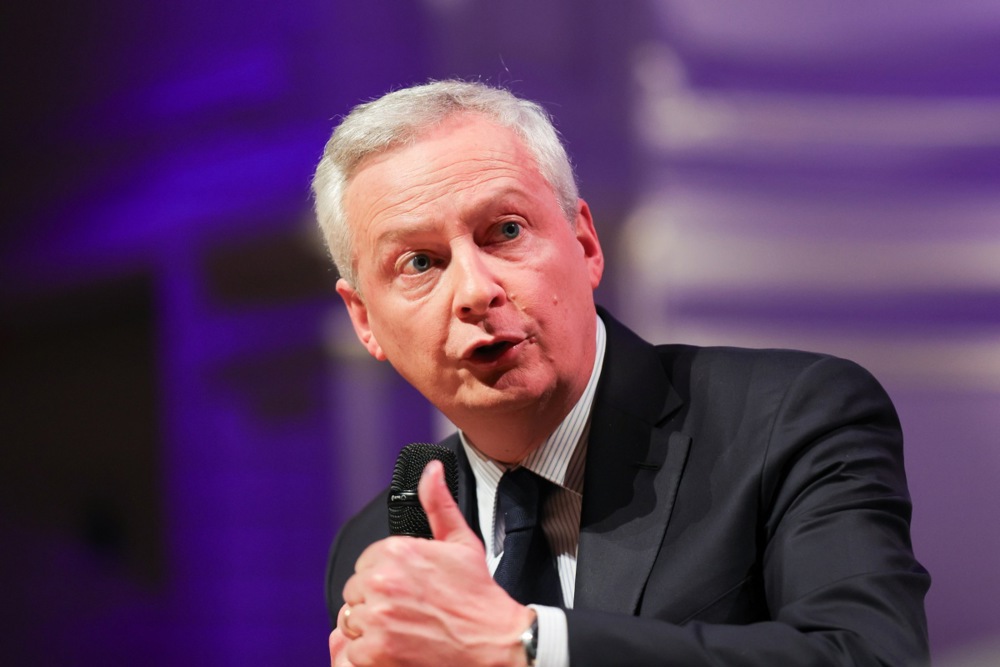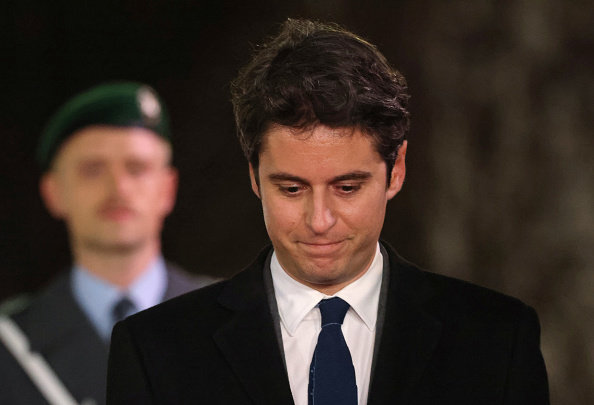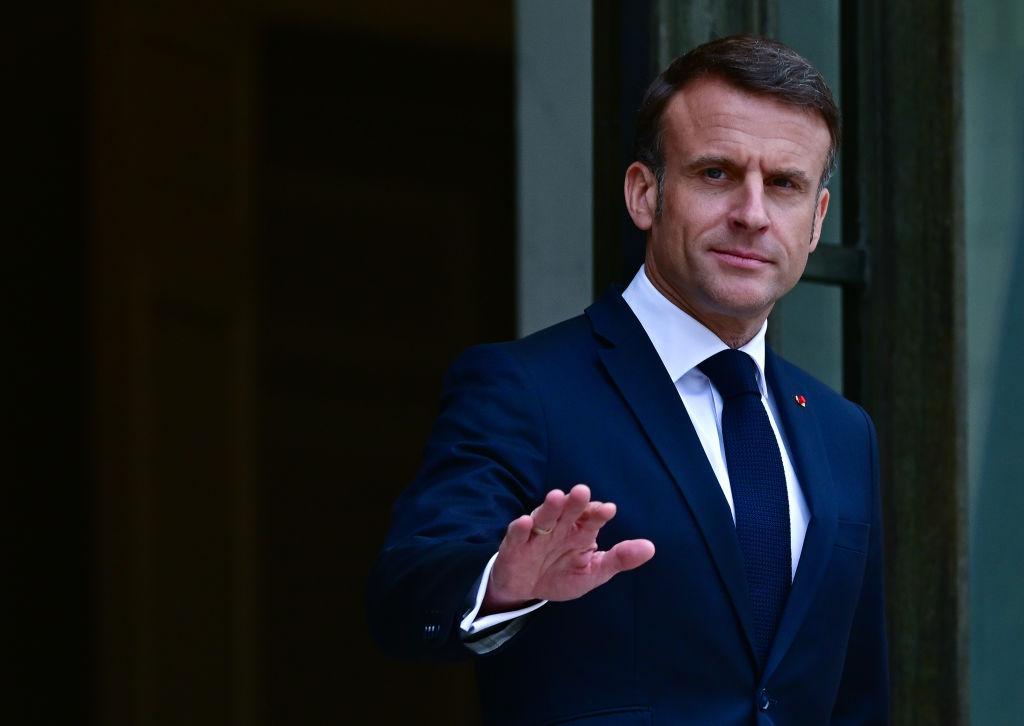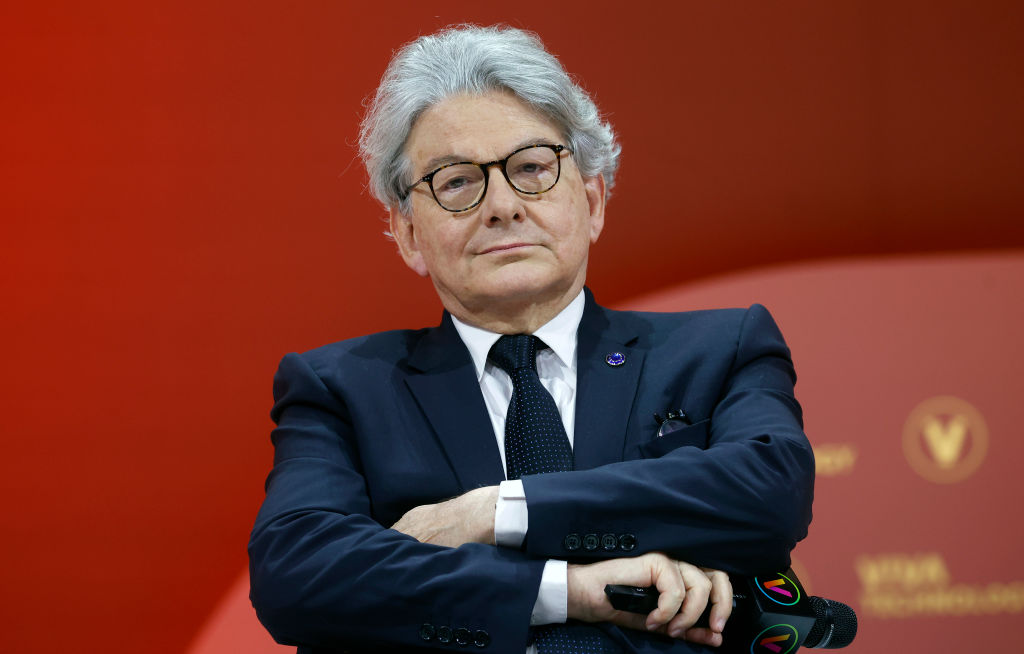France has asked the European Commission to extend beyond September 20 a deadline for submitting a plan to reduce its public deficit to align with Paris’ 2025 draft budget, La Tribune du Dimanche said on Sunday, citing the Finance Ministry.
France could see its budget deficit spiral unexpectedly higher this year and next if extra savings are not found, the finance ministry said in a letter to lawmakers earlier this month, as the eurozone’s second-biggest economy lurches deeper into political crisis.
The deteriorating finances have put Paris into EU disciplinary proceedings and left incoming Prime Minister Michel Barnier facing tough questions as he looks to form a new government and prepare a budget by October 1 with the threat of a parliamentary vote of no-confidence hanging over him.
“France has asked for such an extension,” the finance ministry was quoted as saying in La Tribune, without specifying how long it had asked for.
This was to “ensure the coherence of the plan and the 2025 draft budget,” the ministry said.
The ministry did not immediately respond to a request for comment.
A commission spokesperson said that September 20 was foreseen in the rules, but member states can agree with the Commission to extend that deadline by a reasonable period of time.
“We cannot confirm at this stage whether we have received the request,” the spokesperson said.
The financial shortfall means Barnier’s new government could face tough choices between cutting spending and hiking taxes or losing credibility with France’s EU partners and financial markets.
Macron named 73-year-old Barnier, a conservative and the former Brexit negotiator for the European Union, as prime minister on Thursday, capping a two-month search following his decision to call a legislative election that eventually delivered a hung parliament.
Barnier said on Saturday he could not perform miracles and he wanted to put order back into France’s finances.
The leftist New Popular Front (NFP) alliance, the largest bloc in parliament, and the far-right National Rally (RN) together have a majority and could oust the prime minister through a no-confidence vote should they decide to collaborate.
The RN gave its tacit approval for Barnier, citing a number of conditions for it to not back a no-confidence vote, making it the de facto kingmaker for the new government.
Speaking on Sunday, its leader Marine Le Pen said her party wanted to see Barnier implement measures that would respect the 11 million people who had voted for it.
“If in the coming weeks the French are forgotten or badly treated we won’t hesitate to vote against the government,” she said at a public meeting in northern France.





